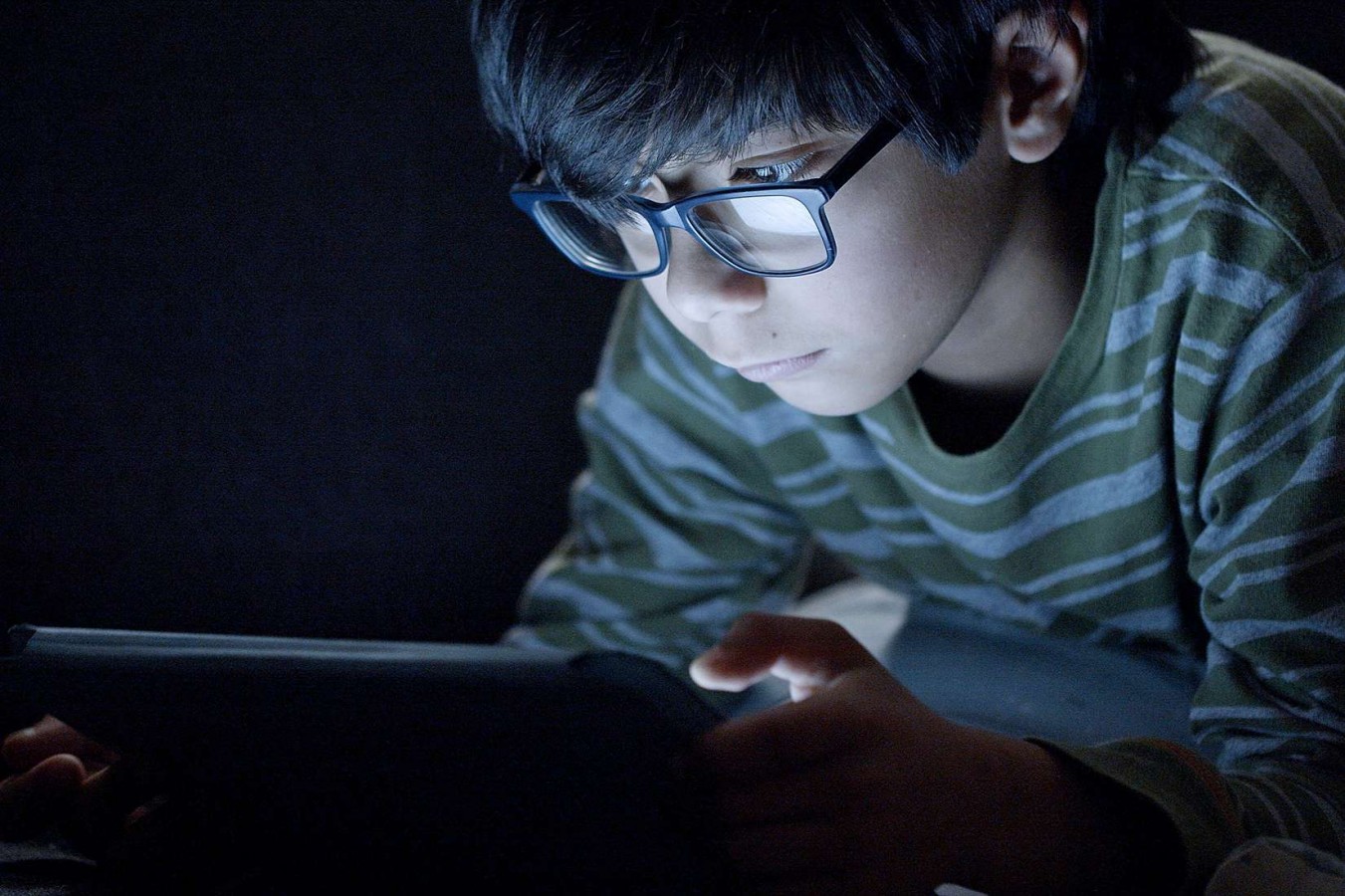The Harmful Side Effect of Too Much Screen Time For Children

In current digital age, children are growing up surrounded by screens. From smartphones to tablets and computers, screen time has become an integral part of their daily lives.
While technology offers various educational and entertainment benefits, excessive screen time can have detrimental effects on the physical and mental well-being of children.
The Harmful Side Effect of Too Much Screen Time For Children
Screen time encompasses the hours spent in front of electronic devices, including watching TV, playing video games, and using computers. According to recent studies, the average screen time for children has significantly increased, raising concerns about potential consequences. Here are some potential impacts on having too much screen time for children:
1. Physical Health Impacts
One of the primary concerns is the impact of prolonged screen exposure on eyesight. Continuous staring at screens can lead to eye strain, dry eyes, and potential vision problems. Additionally, excessive screen time contributes to a sedentary lifestyle, increasing the risk of obesity and related health issues.
2. Behavior issues
Children in elementary school who watch television or spend more than two hours on the internet each day are more likely to experience emotional, social, and attention issues.
3. Educational issues
Research has found that children in elementary school who have televisions in their beds perform lower on scholastic assessments.
4. Obesity
Spending excessive amounts of time doing sedentary activities, such watching TV or playing video games, can increase the chance of gaining weight.
5. Sleep issues
Screen time before bed might have unintended consequences, even though many parents use TV to unwind before bed. Insomnia may result from screen light exposure disrupting the brain's natural sleep cycle.
6. Less Effectiveness Academic Performance
Spending too much time in front of screens, whether on computers, tablets, or smartphones, can contribute to a shorter attention span. Children may find it challenging to focus on tasks that require sustained attention, which is crucial for academic activities such as studying, reading, and completing assignments.
7. Violence
Children who are exposed to violence in the media too often may get desensitized to it. Children may consequently come to view using violence as a common solution to issues.
Strategies For Parents To Overcome Too Much Screen Time on Children
In today's digital age, children are exposed to screens more than ever. As parents, finding effective strategies to manage and overcome excessive screen time becomes crucial. Here are some effective strategies you can do as parents:
1. Setting Healthy Boundaries
Discover practical ways to set and enforce healthy screen time boundaries that align with your child's age and developmental stage.
2. Educational Screen Time
Learn how to incorporate educational screen time into your child's routine, making their digital interactions both informative and beneficial.
3. Alternative Activities
Explore engaging non-screen activities to divert your child's attention, ensuring a balanced and diversified daily routine.
4. Get rid of background TV
Your child is likely to notice the TV if it is on, even if it is only on in the background. Turn off the television if you're not actively watching it.
5. Computers, Cellphones, and TVs Should Not Be Used in Bedroom
Youngsters who have devices in their bedrooms tend to watch more than those who have not. Remind your children not to spend too much time on screens and to keep an eye on the websites they visit by keeping TVs and laptops in a shared area of your home.
6. Refrain From Eating in Front of a Screen.
Your children will spend more time on screens if you let them eat or snack in front of electronics. Additionally, the practice promotes mindless eating, which might increase your children’s body weight.
7. Consider What Your Kids Will See
Look for high-quality content or videos rather than just channel surfing. On your TV and PC, think about utilizing the parental control options. Check out the apps on your phone and video games before letting your kids play with them.
8. Observe Beside Your Kid
Watch shows together whenever you can, and discuss things like violence, drug misuse, and family values that you observe. Tell someone watching a junk food advertisement that just because it's on TV doesn't mean it's healthy.
Conclusion
In the ever-evolving digital era, managing children's screen time is an ongoing challenge for parents. By adopting a proactive and informed approach, parents can mitigate the harmful effects of excessive screen time and create a healthy digital environment for their children.
In a world dominated by screens, Rockstar Academy emerges as the ultimate solution to tackle the pervasive issue of excessive screen time in children. Rockstar Academy is a Sports & Performing Arts Academy that provides a dynamic and engaging environment where children can break free from the digital realm and immerse themselves in the joy of physical activity.
Our expertly designed programs not only address the negative impact of too much screen time but also cultivate essential life skills, from teamwork to discipline. You can also try their free trial class first, go contact Rockstar Academy and claim your Rockstar Academy’s free trial class!
FAQ
1. How much screen time is considered excessive for children?
Excessive screen time varies by age, but a general guideline is no more than two hours per day for recreational use.
2. What are some signs that my child may be experiencing negative effects from screen time?
Signs may include eye strain, disrupted sleep patterns, changes in behavior, and a decline in academic performance.
3. Are educational apps and games exempt from the negative effects of screen time?
While educational apps can be beneficial, it's important to monitor overall screen time, as excessive use, even for educational purposes, can have drawbacks.
4. How can parents effectively limit screen time without causing conflicts?
Parents can try establishing clear rules, involving children in the decision-making process, and providing alternative activities can help in limiting screen time without conflicts. Parents can also try a Sports & Performing Arts Academy that provides a dynamic and engaging environment where children can break free from the digital world and immerse themselves in the joy of physical activity.
5. What role do schools play in addressing the issue of excessive screen time?
Schools can collaborate with parents to educate students about responsible screen use and implement policies that promote a balanced approach to technology.



